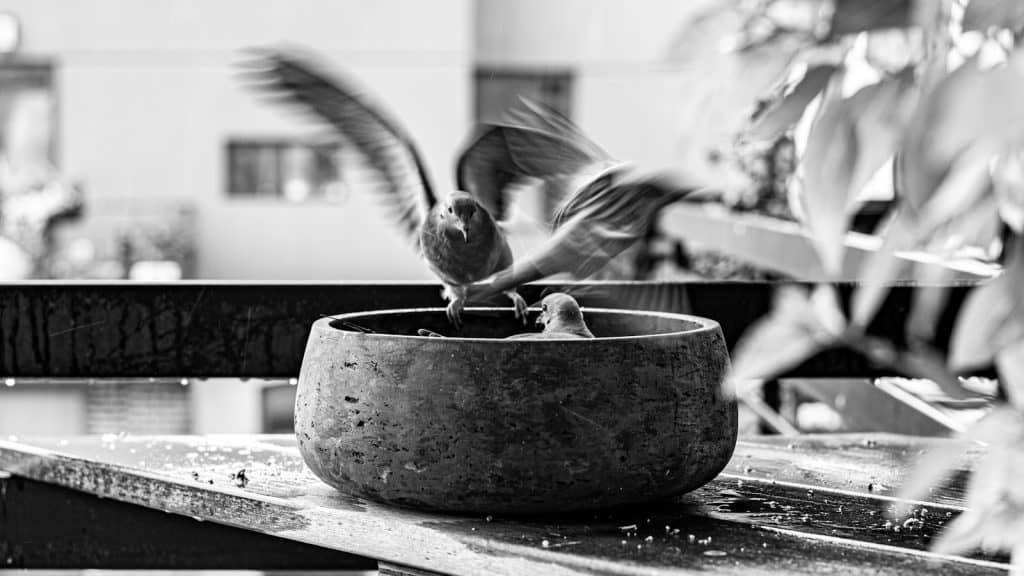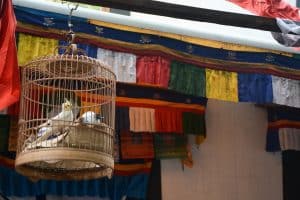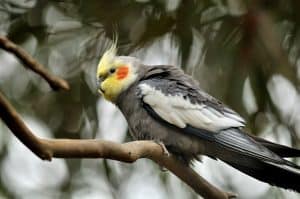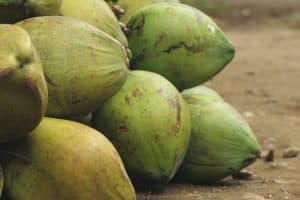Ensuring your cockatiel stays hydrated might seem straightforward, but there’s more to it than just filling up a bowl. If you’ve ever wondered “how do you provide your cockatiel with water,” you’re not alone. This essential aspect of pet care is crucial for maintaining your feathered friend’s health and happiness.
From choosing the right type of water dispenser to understanding the best placement and maintenance techniques, providing water to your cockatiel involves a bit of know-how. Let’s dive into the basics of proper hydration for your pet, ensuring they thrive under your care.
Understanding Water’s Role in Cockatiel Health
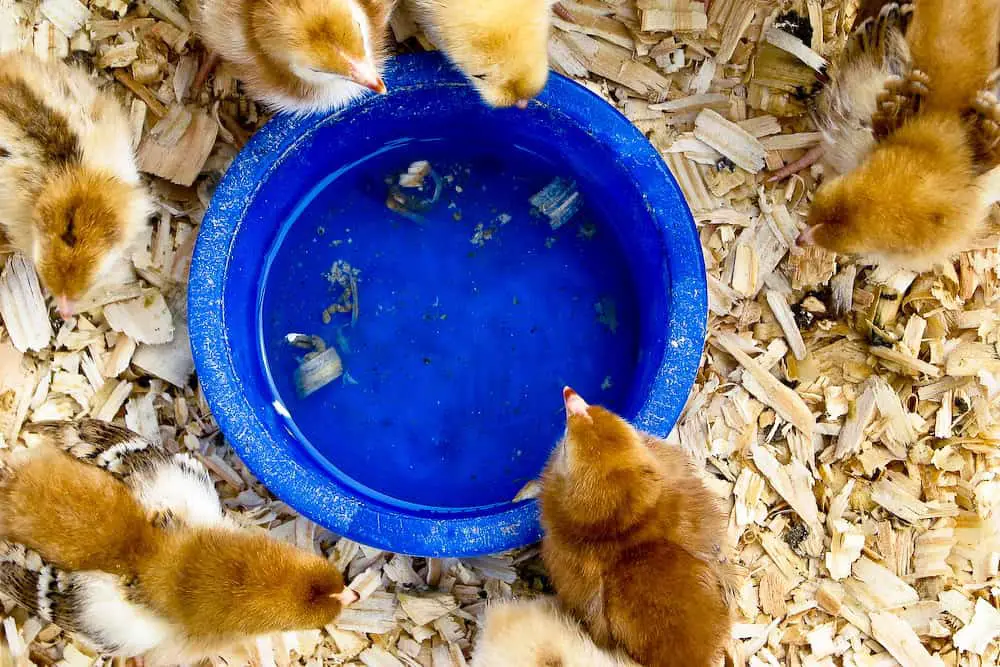
Understanding how vital water is to your cockatiel’s well-being helps you ensure they remain hydrated and healthy. Adequate water intake supports various essential functions like digestion, nutrient absorption, and regulation of body temperature.
Daily Water Requirements for Cockatiels
Cockatiels need constant access to clean, fresh water. On average, a cockatiel drinks about one teaspoon (5 milliliters) of water per 100 grams of body weight each day. However, this quantity can vary based on factors like activity level, ambient temperature, and diet. Foods high in moisture, such as fresh fruits and vegetables, might reduce the overall amount of water your bird drinks. Ensure the water dish is washed daily to prevent bacterial growth, and refill it with clean water at least once every day to maintain hydration.
Signs of Adequate Hydration and Dehydration
You can gauge your cockatiel’s hydration status by observing a few indicators. Signs of adequate hydration include elastic skin, clear eyes, and moist, preen gland secretions. If your cockatiel is properly hydrated, its droppings should be firm and consistent in shape, with white urates.
Conversely, dehydration in cockatiels can manifest as sunken eyes, lethargy, or an increase in body temperature. A dry mouth, flaky skin, or excessively hard droppings are other common signs. If you notice any of these symptoms, it’s crucial to address the dehydration immediately. Offering more fresh water, using a clean water bottle or dish, and consulting with a veterinarian can ensure that your bird receives the care it needs.
Choosing the Right Water Source for Your Cockatiel
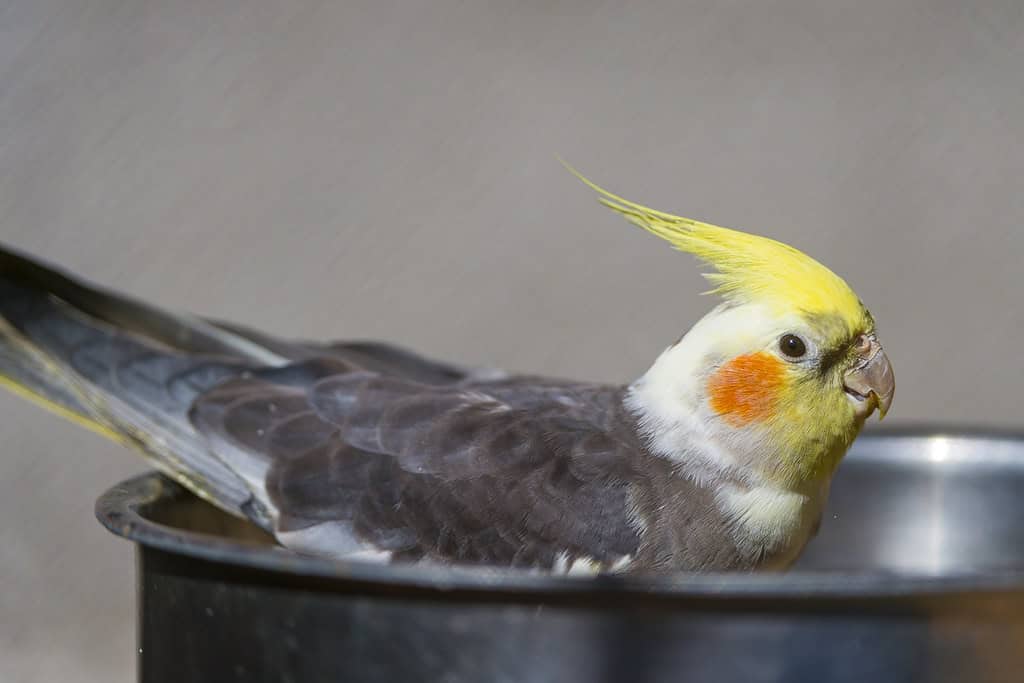
Choosing the right water source for your cockatiel is pivotal for ensuring they receive the necessary hydration while minimizing health risks. Let’s explore the most suitable types of water and compare methods for providing water to your feathered friend.
Types of Water Suitable for Cockatiels
Tap water, while commonly used, may contain chemicals like chlorine or heavy metals, which can be harmful to your cockatiel. It’s advisable to let tap water sit for 24 hours to allow chlorine to dissipate before serving, or you could use a water filter to eliminate contaminants. Alternatively, bottled water provides a safe choice but can become expensive over time. Never use distilled water, as it lacks essential minerals needed by birds.
Rainwater can serve as a natural and economic alternative, ensuring you collect and store it in a clean environment to prevent contamination. Similarly, spring water offers a natural source rich in beneficial minerals, yet it’s vital to verify its purity and ensure it’s free of contaminants.
Water Bowels vs. Bottled Water Dispensers
When providing water to your cockatiel, the choice between water bowls and bottled water dispensers comes down to cleanliness and ease of use. Water bowls, made from ceramic or stainless steel, are sturdy and minimize tipping but require frequent cleaning to prevent bacterial growth.
Bottled water dispensers, on the other hand, ensure a constant supply of clean water and reduce the chance of contamination from droppings or food debris. They may require habituation for cockatiels initially unfamiliar with this method, but ultimately they help maintain a hygienic drinking environment.
Whichever method you choose, ensure the water source is always accessible, clean, and located within a comfortable reach for your cockatiel. Regularly changing the water prevents bacterial build-up, ensuring your bird remains healthy and well-hydrated.
Water Bowels vs. Bottled Water Dispensers
When providing water to your cockatiel, the choice between water bowls and bottled water dispensers comes down to cleanliness and ease of use. Water bowls, made from ceramic or stainless steel, are sturdy and minimize tipping but require frequent cleaning to prevent bacterial growth.
Bottled water dispensers, on the other hand, ensure a constant supply of clean water and reduce the chance of contamination from droppings or food debris. They may require habituation for cockatiels initially unfamiliar with this method, but ultimately they help maintain a hygienic drinking environment.
Whichever method you choose, ensure the water source is always accessible, clean, and located within a comfortable reach for your cockatiel. Regularly changing the water prevents bacterial build-up, ensuring your bird remains healthy and well-hydrated.
- Easy to useThe bird food bowl has strong clips that it attaches to the side of the bird cage. The bird cup can be hung in the cage and it can be used to hold food or water to prevent your bird from accidentally dumping the food/water bowl.
- Easy to cleanThis bird dishes can be easily installed in and out of bird cages, as well as on large trays in bird cages. It is easy to clean with water and does not require wasting time on washing and cleaning.
- Stainless steel BowlVVNIAA Stainless bird bowl is made of stainless steel. It is non-toxic, odorless and bacteria-free. This pet bowl has two parts, one part is the holder and the other part is the stainless steel bowl.
- Wide range of adaptabilityThis bird food bowl is suitable for all models of bird cages and the birds of Cockatiel Conure Budgies Parakeet Macaw Parrot Lovebird Chinchilla Rabbit Ferret, Other Small Animals.
- Safe materialThe bowl is made of stainless steel, non-toxic and odorless.You can feed your feathered friends with confidence.
Maintaining Clean Water
Maintaining clean and hygienic water is essential for the health of your cockatiel. Ensuring that the water is free from contaminants plays a vital role in preventing illnesses related to poor water quality.
Cleaning and Replacing Water Daily
To maintain optimal hygiene, clean your cockatiel’s water dish every day. Rinse the bowl thoroughly with warm water, removing any debris or buildup. Using a mild, bird-safe disinfectant or soap can help eliminate potential bacterial growth; just ensure you rinse the dish well to remove any residues. After cleaning, fill the dish with fresh water. If you’re using a water bottle, make sure to clean and refill it daily as well to prevent the build-up of harmful bacteria.
Tips to Ensure Water Purity and Safety
First, always choose a water source that is safe and clean for your cockatiel. Avoid using tap water if it contains high levels of chlorine or other harmful chemicals. Instead, opt for filtered or bottled water to ensure safety.
Check the water temperature before offering it to your bird; it should be at room temperature to prevent shocking their system. Additionally, regularly inspect water bowls and bottles for any signs of damage or wear that could harbor bacteria, replacing them as necessary to keep the drinking environment sanitary.
Monitoring Your Cockatiel’s Water Intake
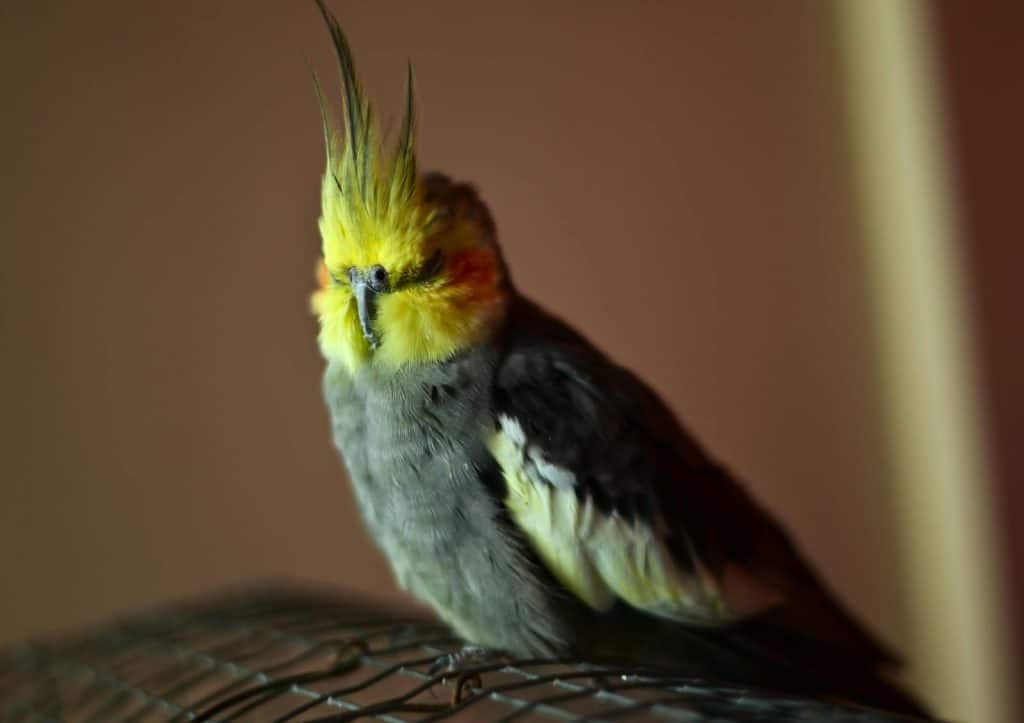
Monitoring your cockatiel’s water intake ensures they remain hydrated and healthy. This section delves into how you can determine if your feathered friend is drinking enough and highlights changes in drinking habits that might indicate health issues.
How to Tell if Your Cockatiel Is Drinking Enough
Observe your cockatiel’s water dish daily to gauge water consumption. A healthy cockatiel typically drinks approximately 5% of its body weight in water each day. For instance, a cockatiel weighing 100 grams might consume around 5 milliliters of water. Mark the level of water in the water bowl each morning and check it at night to see how much has decreased.
Keep an eye on the droppings as well; healthy droppings should not be too dry, indicating adequate hydration. Additionally, ensure the water temperature is suitable, neither too cold nor too warm, to encourage regular drinking.
Changes in Drinking Habits to Watch For
Sudden changes in your cockatiel’s drinking habits can be a red flag. Drinking less water might be a sign of a cold environment or illness, whereas increased water intake could suggest diabetes or kidney disease. Monitor these changes and consult with a veterinarian if you notice drastic alterations.
Pay attention to the quality of water offered. Always provide fresh water daily to avoid bacterial growth, and clean the water dish with bird-safe disinfectants regularly. If you opt for bottled water, ensure it’s free from harmful chemicals and suitable for birds.
Tracking these aspects helps maintain your cockatiel’s hydration level and overall well-being, promoting a healthier life for your adorable companion.
Seasonal Considerations for Hydration
Seasonal changes can affect your cockatiel’s water needs. In the warmer months, your bird may drink more due to higher temperatures and increased activity levels. During this time, it’s essential to monitor water levels closely and provide additional sources of hydration, such as misting or offering ice cubes in their water dish to keep it cool. In contrast, during colder months, ensure the water does not freeze, especially if your cockatiel is outdoors or in an unheated area.
Behavioral Aspects: Encouraging Drinking
If your cockatiel seems reluctant to drink, consider some behavioral strategies to encourage hydration. Placing water dishes in different locations can pique their curiosity and promote drinking. You can also try using colorful or visually appealing bowls that attract their attention. Additionally, observing your bird’s drinking habits during playtime can help you identify if they’re adequately hydrating.
Travel Tips: Keeping Your Cockatiel Hydrated on the Go
When traveling with your cockatiel, ensuring they have access to fresh water can be challenging. Invest in a travel water bottle designed for birds or a portable water dish that prevents spills. Always bring bottled or filtered water to maintain consistent hydration during your journey. Make stops regularly to check on their water supply and refill as needed.
Takeaway: How do you provide your cockatiel with water?
Ensuring your cockatiel stays hydrated is a vital aspect of their care that directly impacts their health and happiness. Remember to provide fresh daily water and keep an eye on their drinking habits to catch any signs of dehydration early.
By choosing the right type of water dispenser and maintaining its cleanliness you’re setting the stage for a healthy hydrated pet. Stay attentive to the quality and temperature of the water which can further safeguard your cockatiel against potential health issues. With these practices in place you’re well on your way to nurturing a thriving companion.
Other suggested articles:
